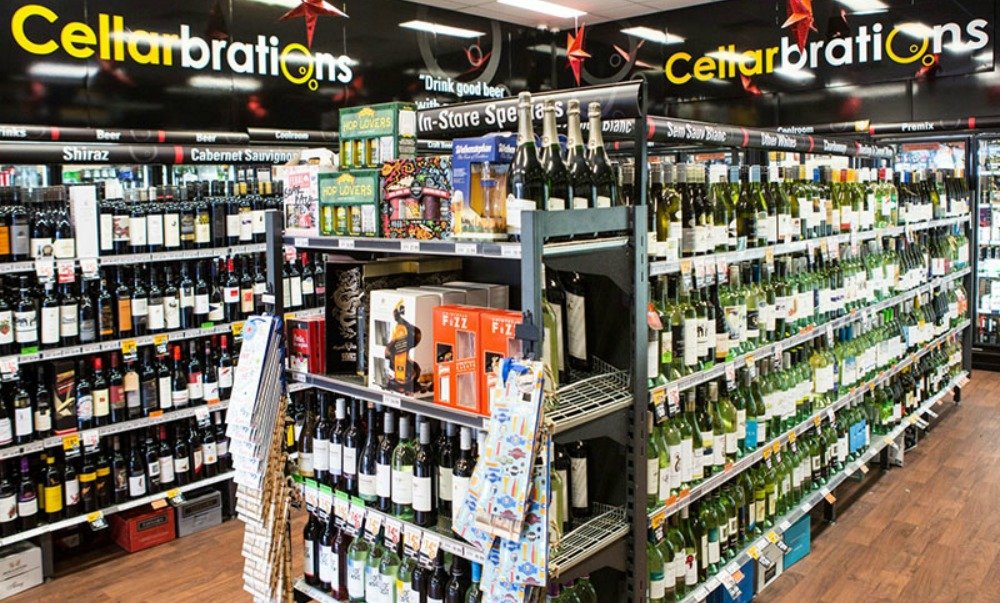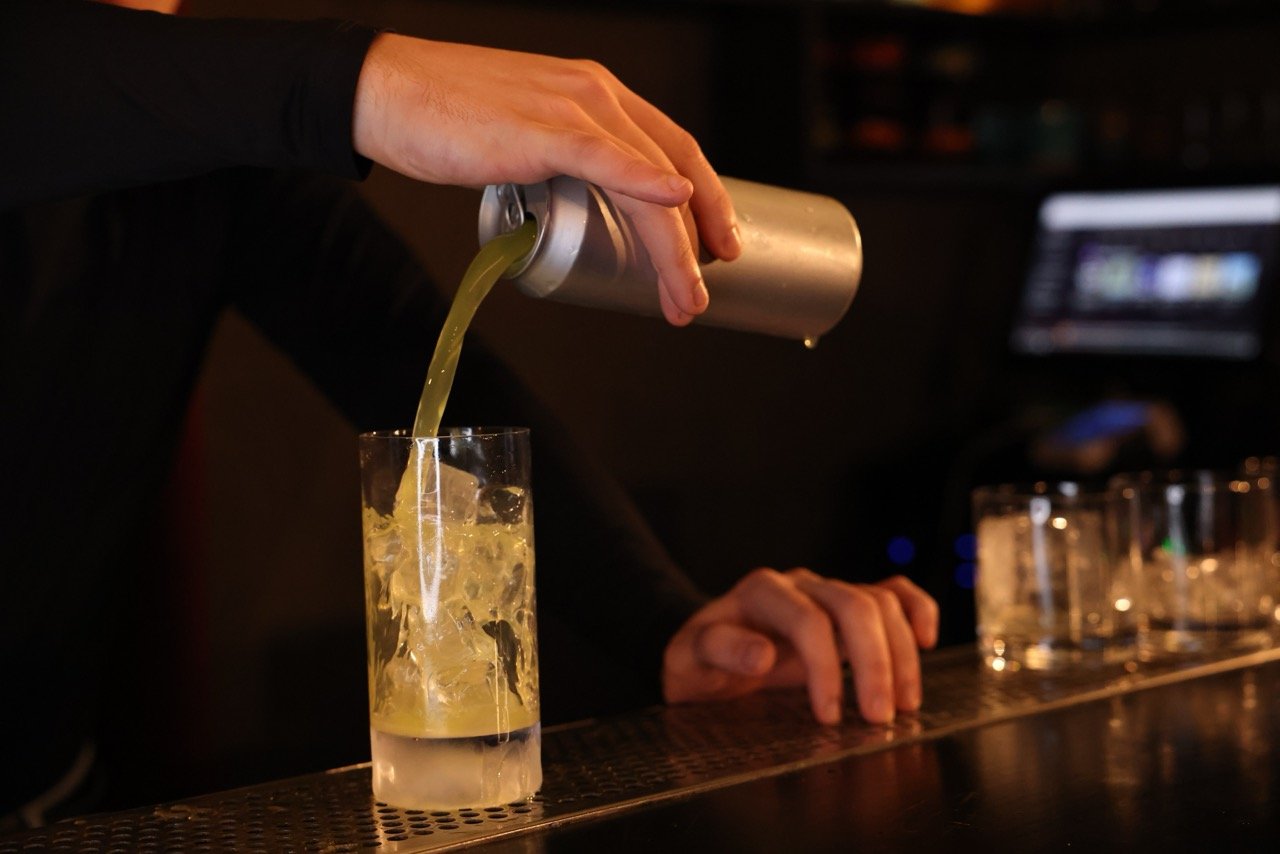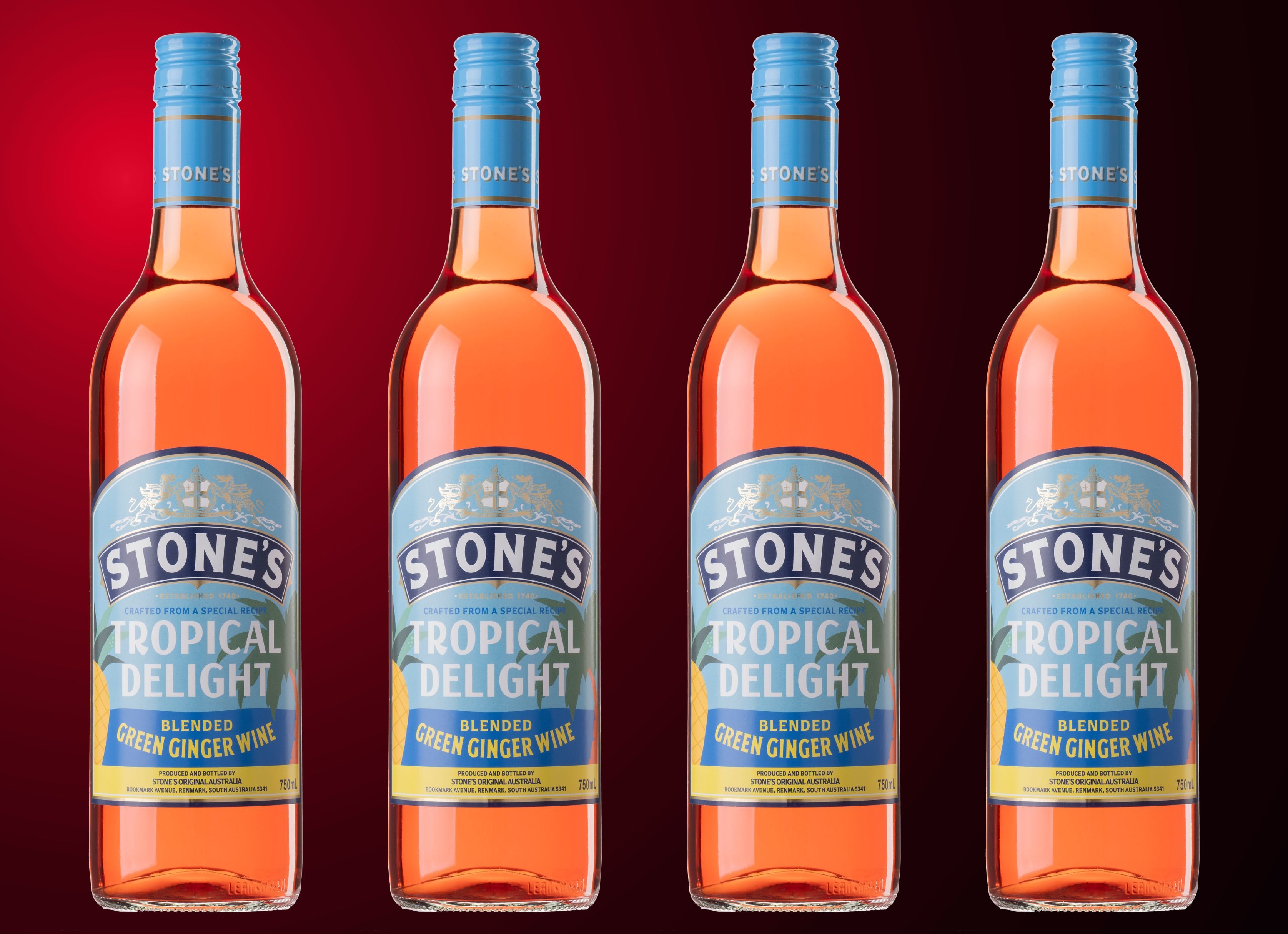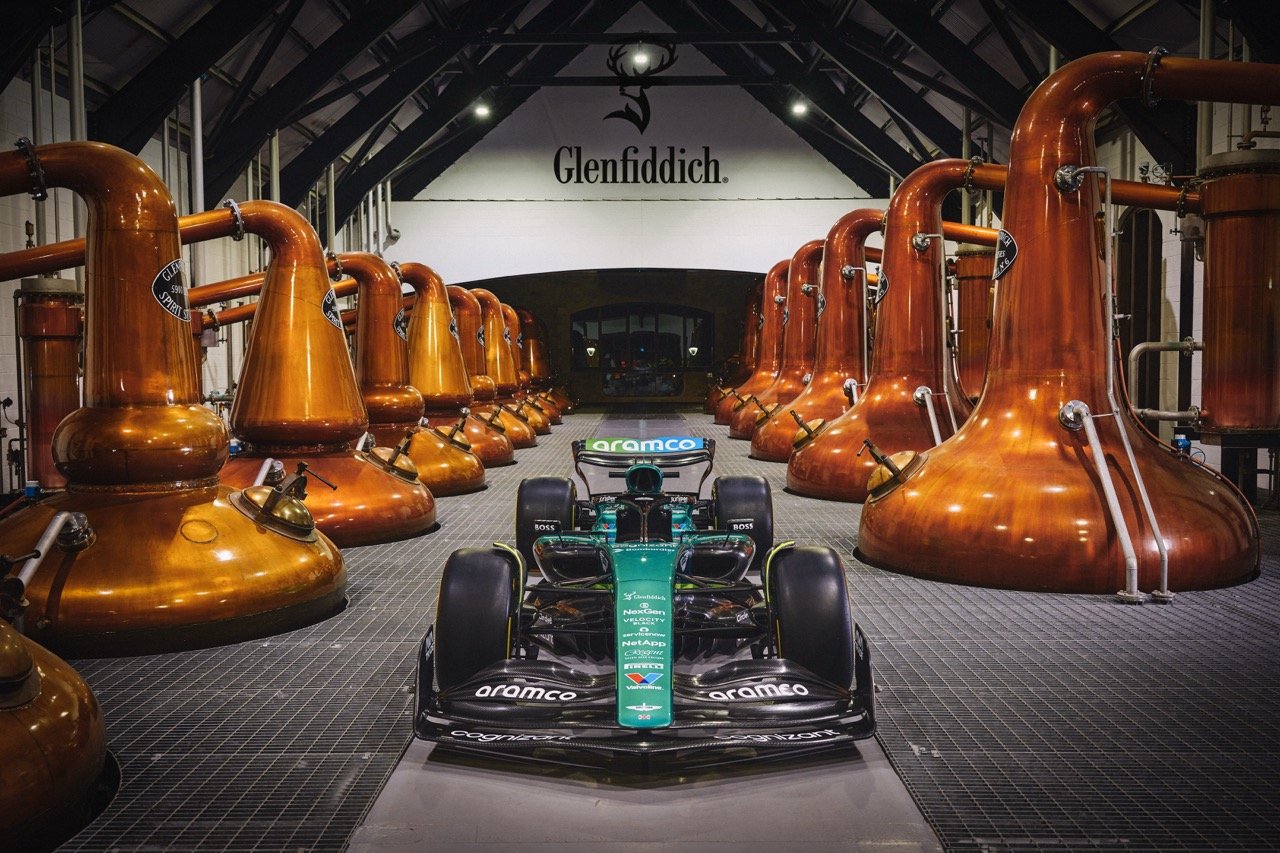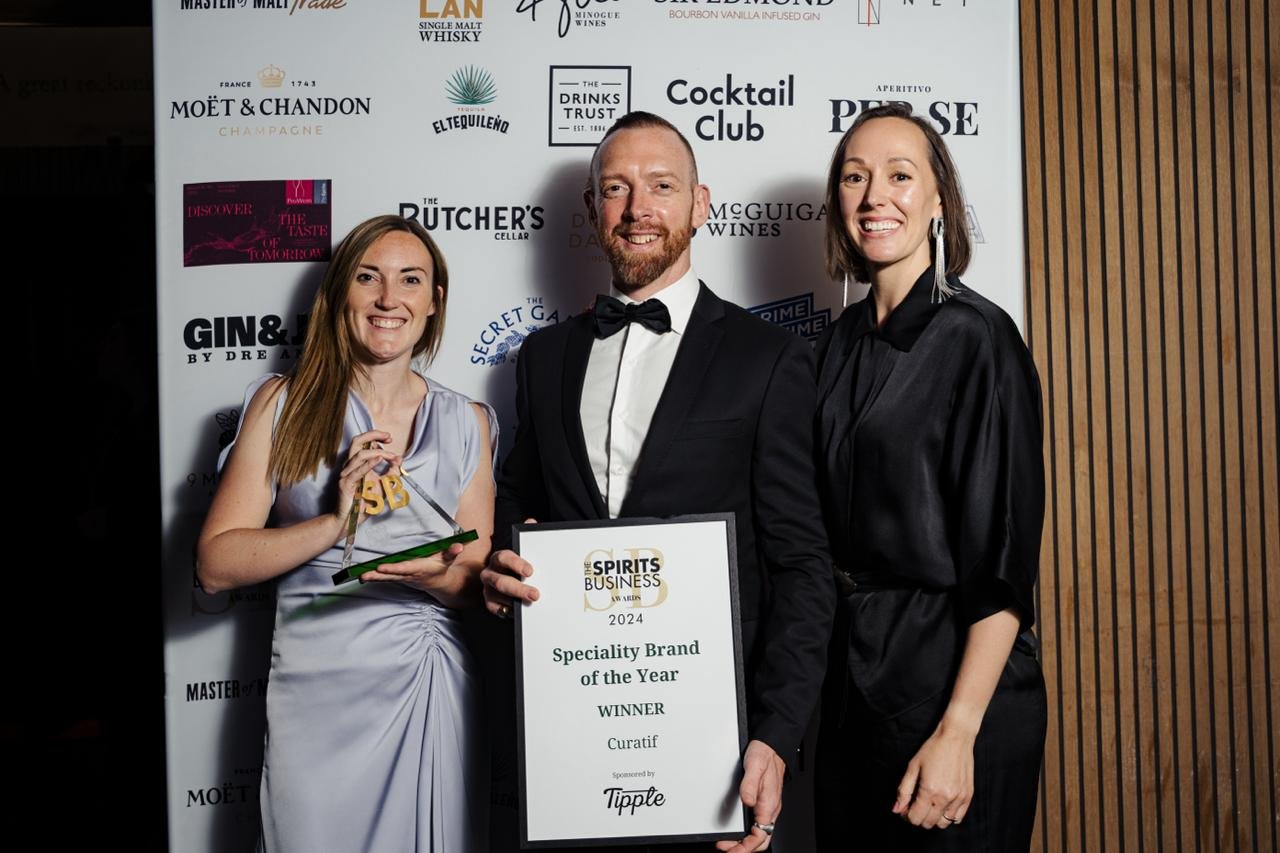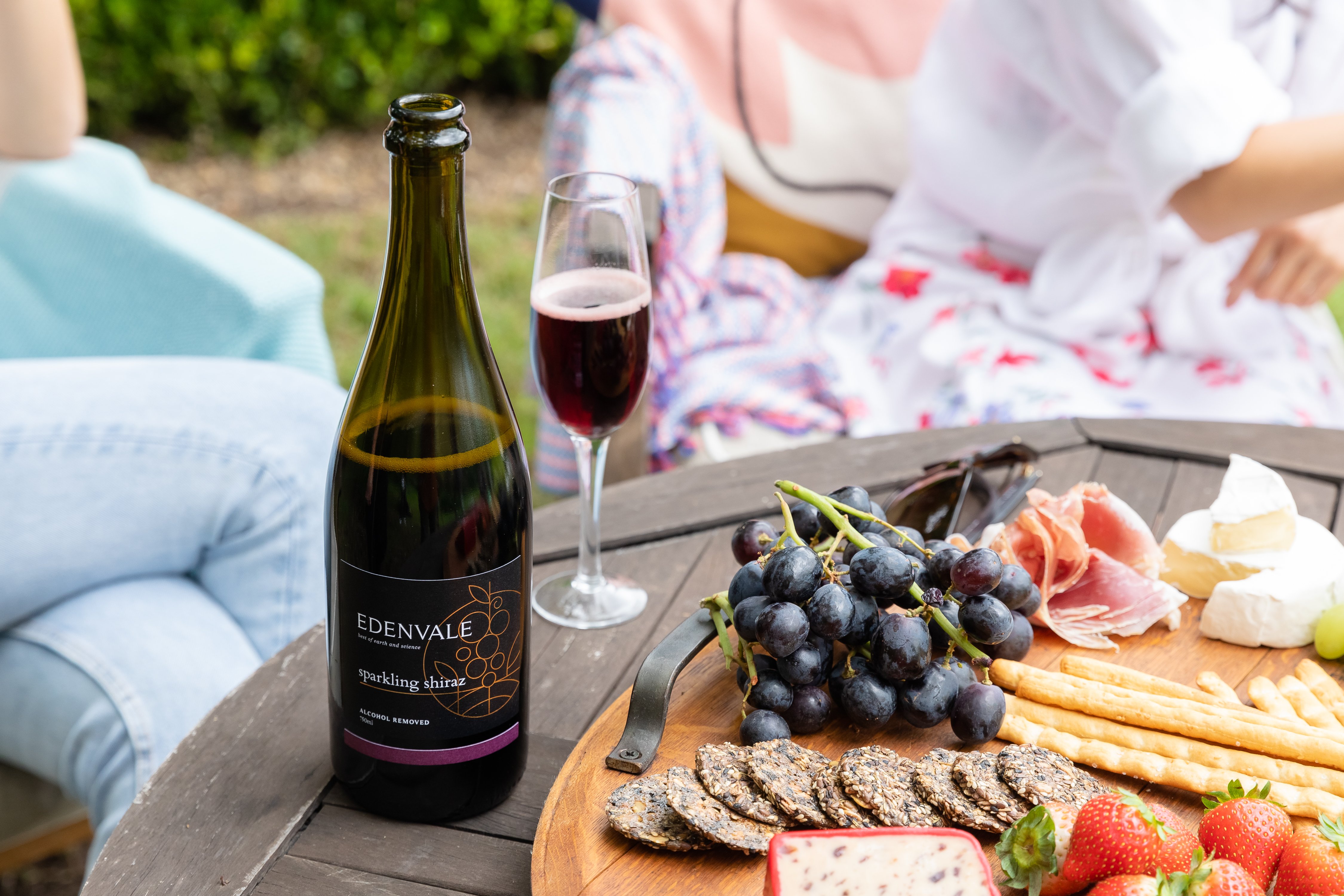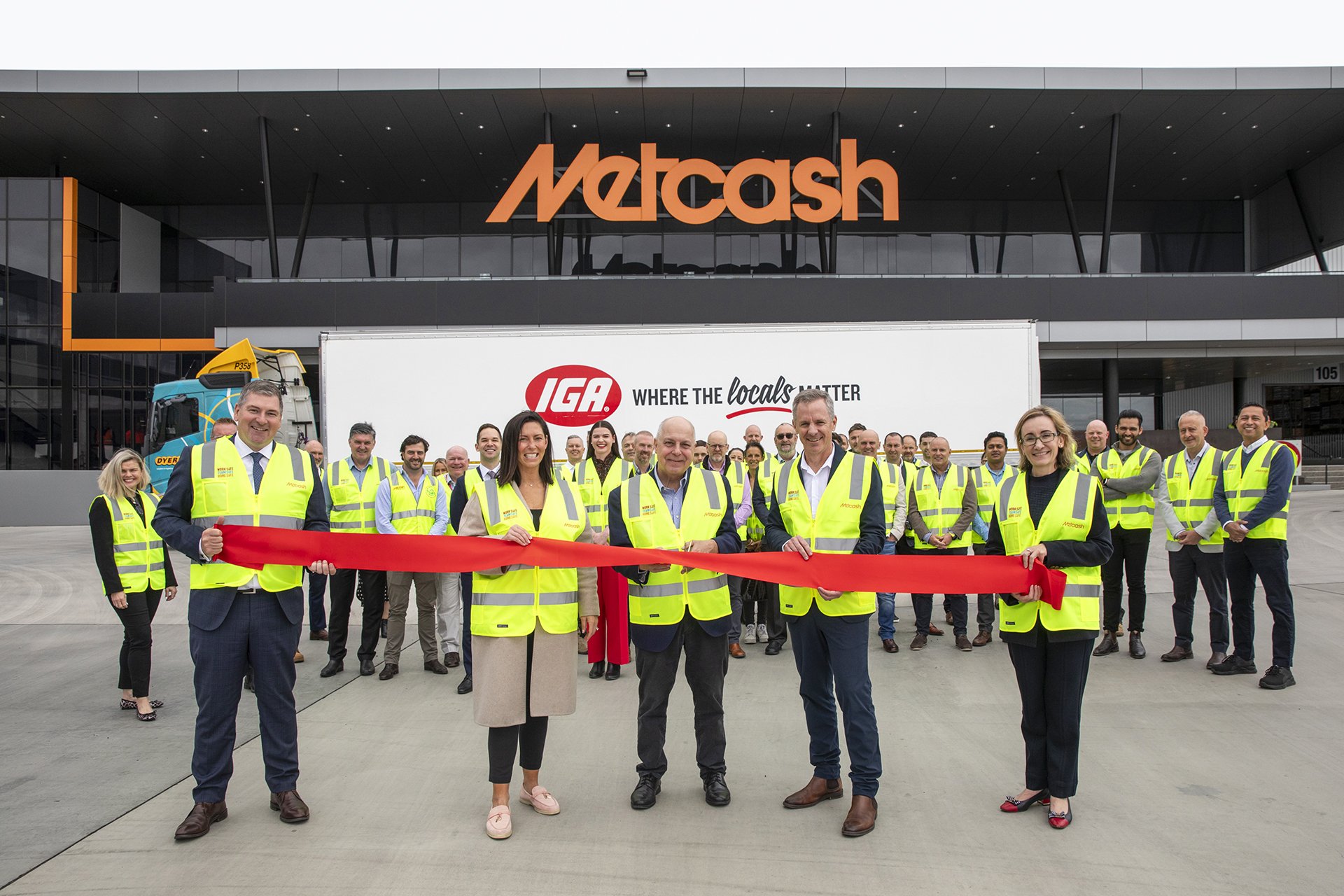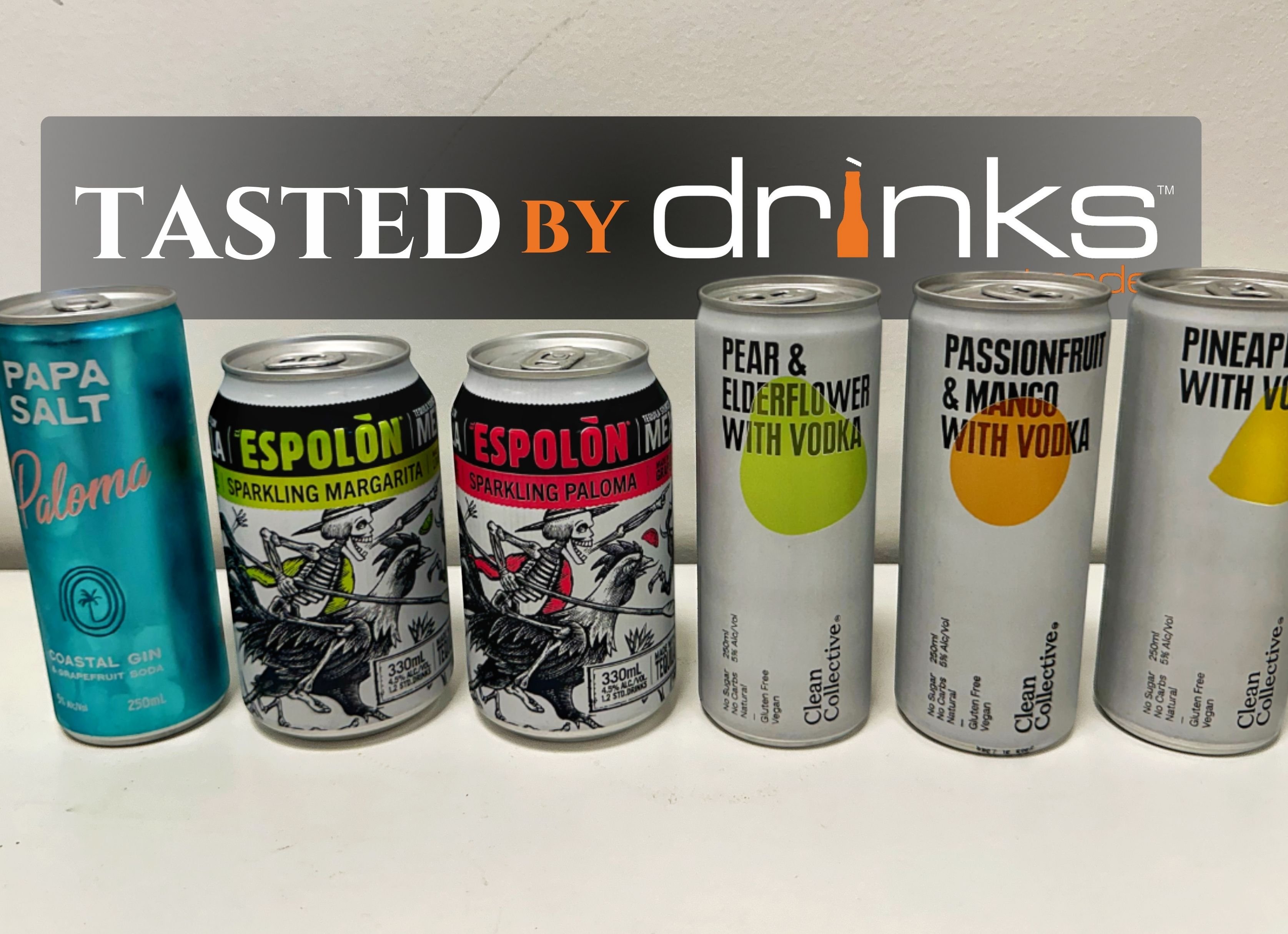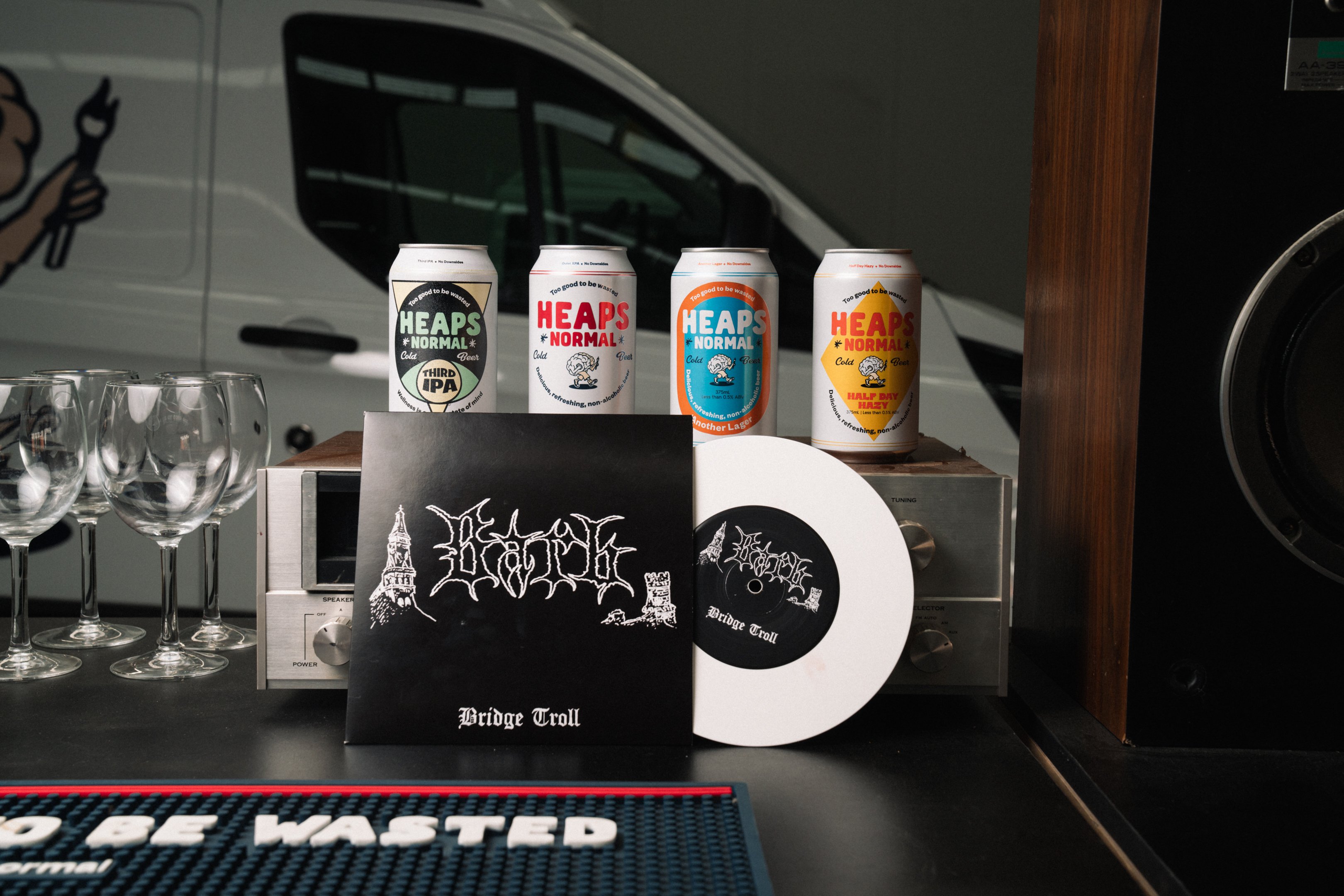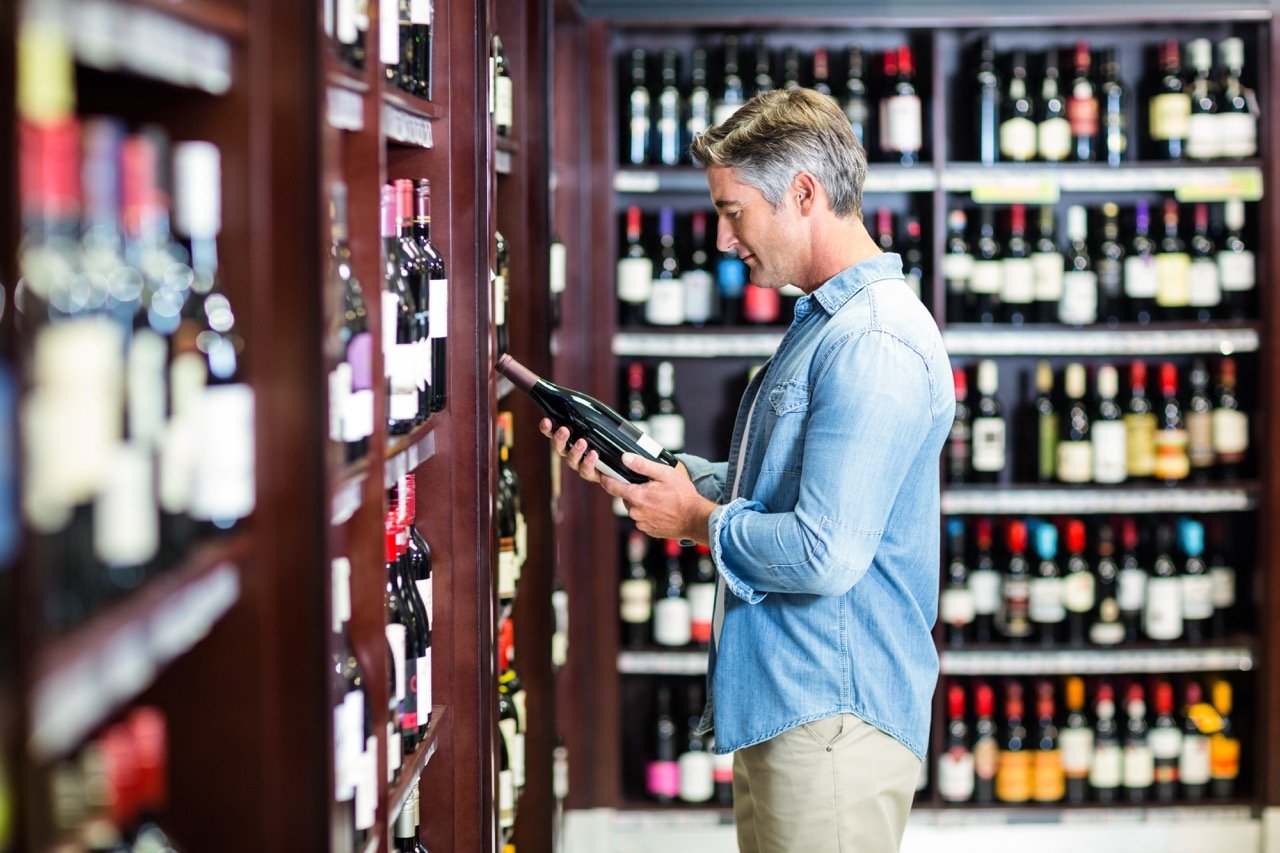ALM has seen a shift away from premiumisation to more mainstream alcohol brands in its off-premise channels during COVID-19.
Its network includes Cellarbrations, The Bottle-O, IGA Liquor, Duncans, Thirsty Camel, Big Bargain and Porters.
CEO Chris Baddock noted that while there are early signs of change in consumer buying habits, it’s too early to assume they will continue.
"However, we have seen a softening of premiumisation and a move to mainstream beer and more affordable products," he said.
"Consumers are exhibiting a narrower repertoire and less willingness to shop new brands/SKU’s and categories."
Baddock's insights reflect those revealed by new Shopper Intelligence data. One of the four key behaviours in the grocery sector during COVID-19 has been shoppers being less willing to spend on premium options.
"The loss of jobs and continued uncertainty is currently outweighing consumer ability or desire to spend more on premium ranges," Shopper Intelligence Managing Director Simon Ford said. "Brands should focus on value and their mid-tier ranges to meet this shift."
Meanwhile, TWE CEO Michael Clarke noted in a business update on Thurday that performance during this period had been skewed towards the lower margin commercial and masstige portfolios.
“In the short term these are unusual and very challenging times with consumers trading down," he said.
Wine Intelligence has also speculated that we "may have seen the end of the premiumisation trend for now".
"Economies will recover, but consumer confidence may take longer to come back," the research and insights agency noted. "Value for money will be paramount."
Expanded home delivery focus
ALM has also accelerated its E-commerce platform to capture the growth in home delivery during the COVID-19 on-premise shutdown. The digital strategy is being communicated to stores this week.
"This is a opt-in option for all IBA retailers, with a core range ready for delivery and managed by the store," Baddock said. "The consumer will be able to access via each of our banner websites or directly with the website, which is called ‘Shop My Local’, where consumers will be able to transact with stores within their preferred location."
Retail Drinks Australia chief executive Julie Ryan revealed earlier this week that retailers are reporting huge surges in online orders, in some cases deliveries have been up 300% from December to March, while the size of the average order had increased by 50%.
Supporting retailers
ALM has also taken steps to support its retailers during COVID-19, including:
- Weekly updates on government support packages, via an easy-to-follow flyer with links to the government packages
- Working with individual on-premise retailers on their needs
- Supplying art work for all banners that provides information on distancing rules, people allowed in each store, quantity limit signage, and workplace signage on safe procedures in regards to washing of hands etc
- Sending out sanitiser to each IBA store this week
"From a warehouse perspective, there has been a focus on ensured that our warehouse people are kept safe, through a number of different initiatives," Baddock said.
"We are also carefully managing the supply chain in very busy times, ensuring any issues are communicated directly with the store."
Baddock said panic buying in the off-premise had fortunately subsided.
"The early onset of demand, when people believed liquor could be closed down, has abated and our supply chain is operating efficiently," he noted.
Baddock shares viewpoint in Drinks Trade Autumn Edition
Baddock's 18 years experience, bridging the retail and supplier divide, brings a unique perspective to his role heading up Australia's largest independent wholesaler and retail group.
He has managed independents, chains, and national operators, and joined executive leadership teams.
Baddock (above) sat down with Drinks Trade Publisher Ashley Pini to give his perspective on the future for ALM.
What have been your initial challenges and focus since joining ALM?
From the day I started here, a key driver has been to understand better what the retailer wants – primarily so I can better forge partnerships with our suppliers and deliver real solutions and better trading conditions for our stakeholders. I can now have conversations like, 'Hi guys; if you truly believe in the independents, you need to work with us. Sitting in our office and saying how much you believe, but then going out of that office and doing something different, actually isn't supporting the independents'.
How are you supporting retailers and helping build loyalty?
We are there for the retailer and run the network to support them, so we make sure our core is strong. A part of that is continuing to drive the right private label for the consumer, and to work with suppliers on exclusives. This leads to loyalty in our stores, and avoids getting caught in the spiral effect of retailers offering the "lowest liquor price guaranteed." There's a real opportunity for supplies to come to the table and say; "let's work together."
Convenience and understanding your customers have traditionally been the strong point of good independent retailing. Is that where you see the most significant opportunities?
Well, fair to say the most exciting things I've learned since joining ALM is that we have stores that are' best in class'. The great stores in our network are as good as any store that you see. We are in everybody's backyard. So again, there's a consumer proposition and competitive advantage – which is convenience. But on top of that – it's service. Retailers that love serving customers, that get to know their customer so well. Sometimes you watch and see there's no verbal communication: the customer comes in on a Wednesday afternoon, gets a six-pack or a long neck, or whatever it might be, and the storekeeper sees the car and goes and gets the product out of the fridge. And by the time they've walked in, the transaction's done. And that's real customer service because it makes the customer feel special. How do you replicate that? For me, you can't, unless you are the owner of the store.
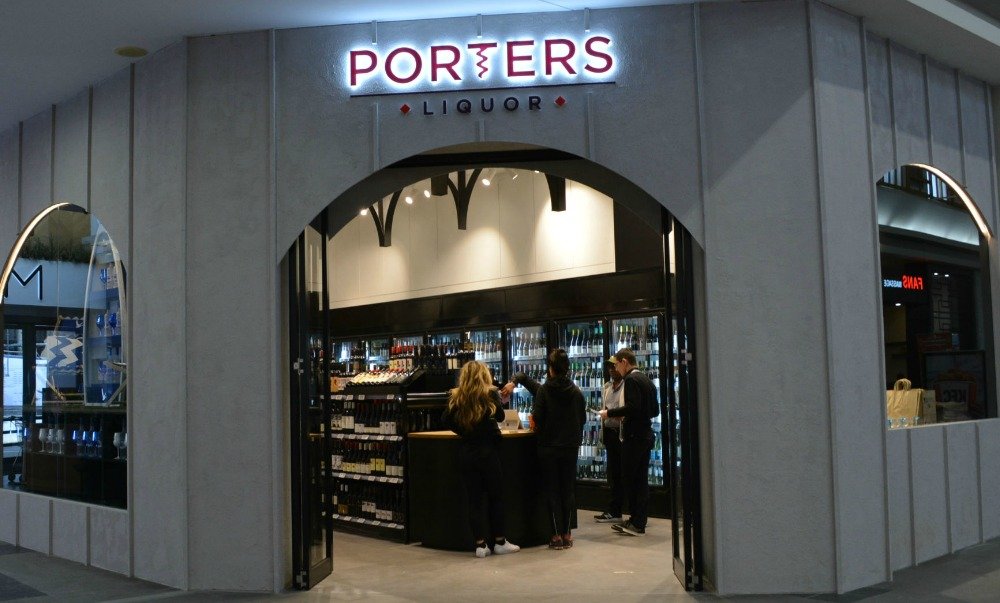
Is there an appetite to expand the Porter's brand?
Yes. Currently, there are 27 stores, and we believe we'll have 39 by next year. Through our budgeting process, we'll have a look through gap maps to see how many more stores we can lay down. I predict that's going to be a lot more than 39, but I don't want to put a number on it because we need to be scientific about which banners we suggest a new site joins. That includes both greenfield sites and some from our network.

Share the content
